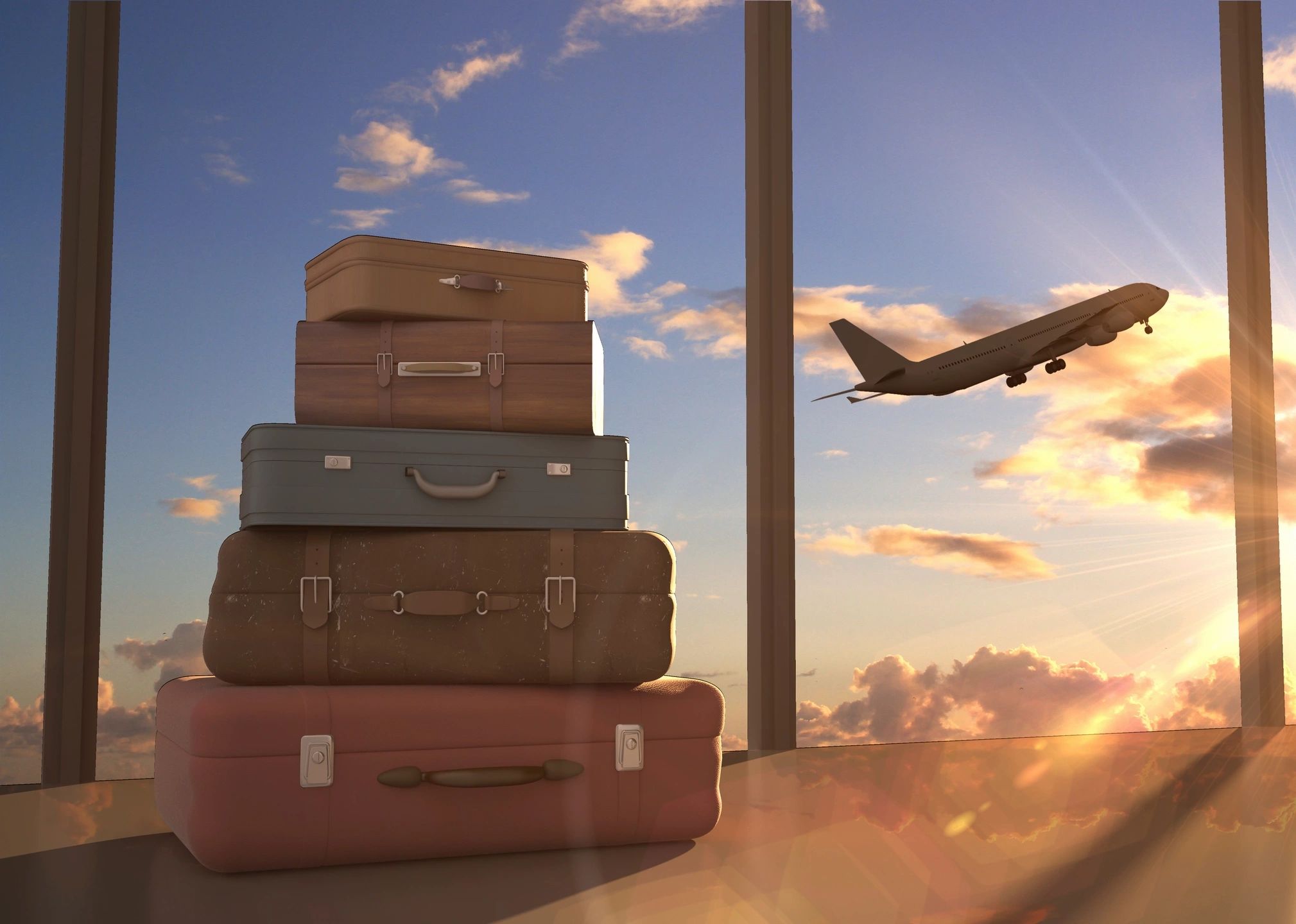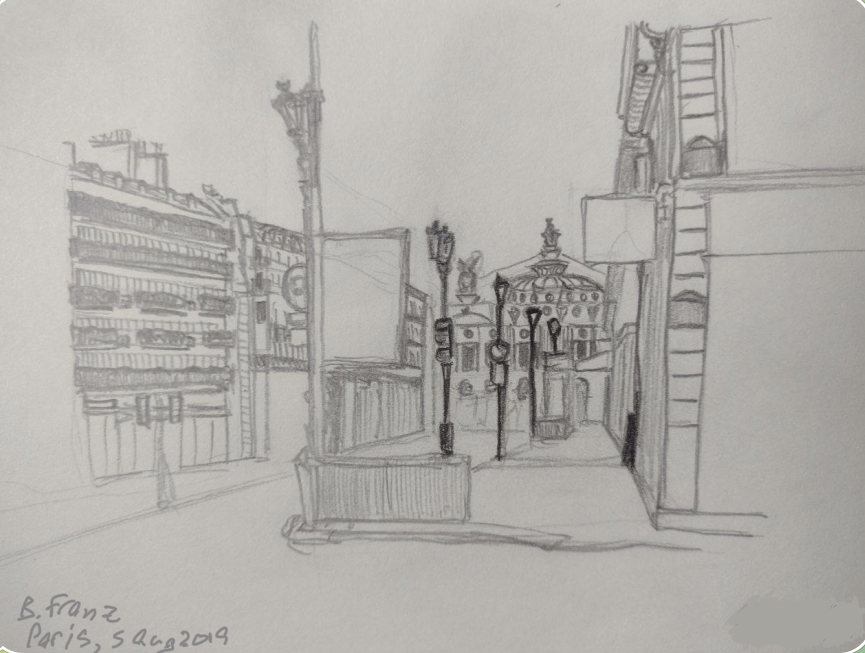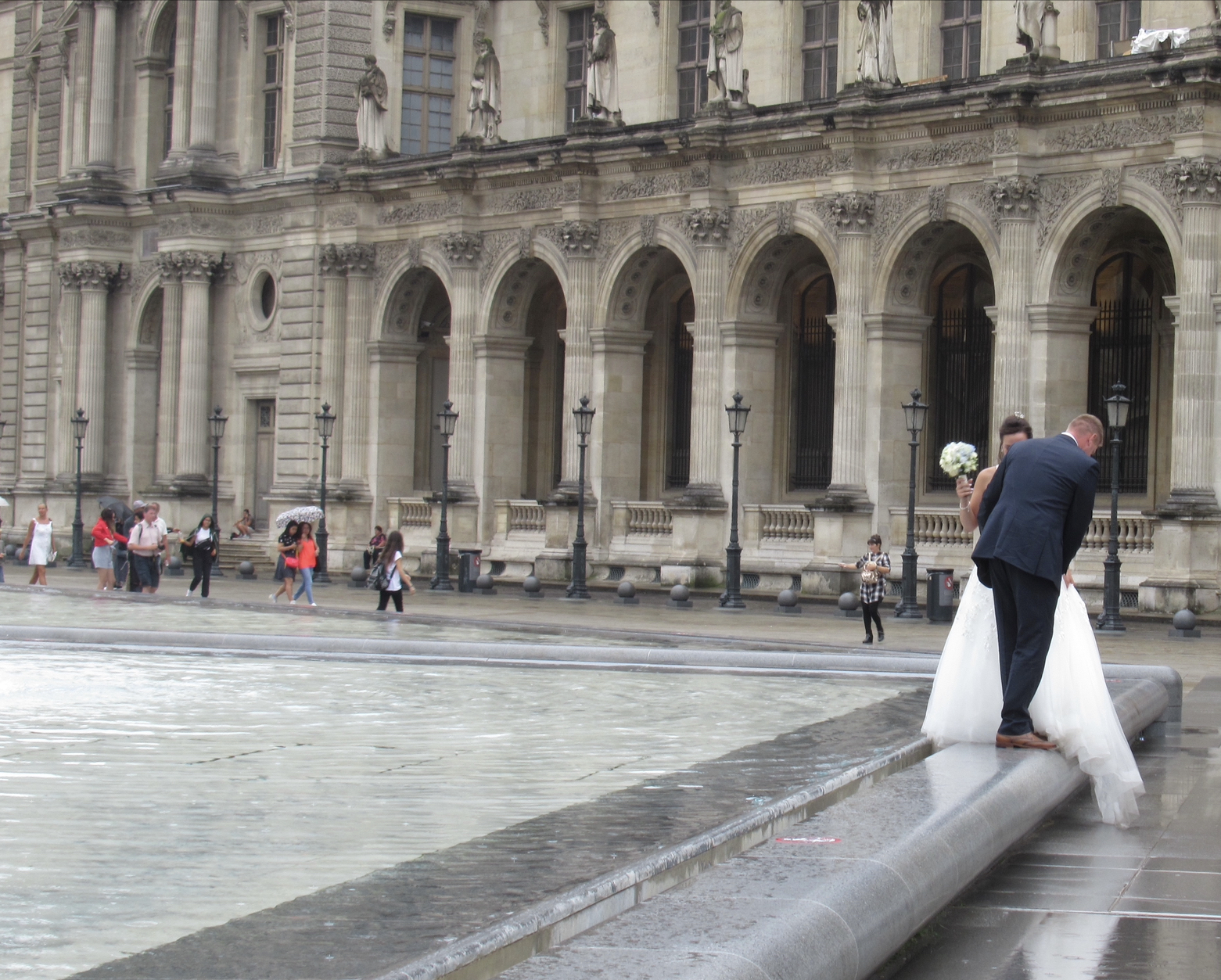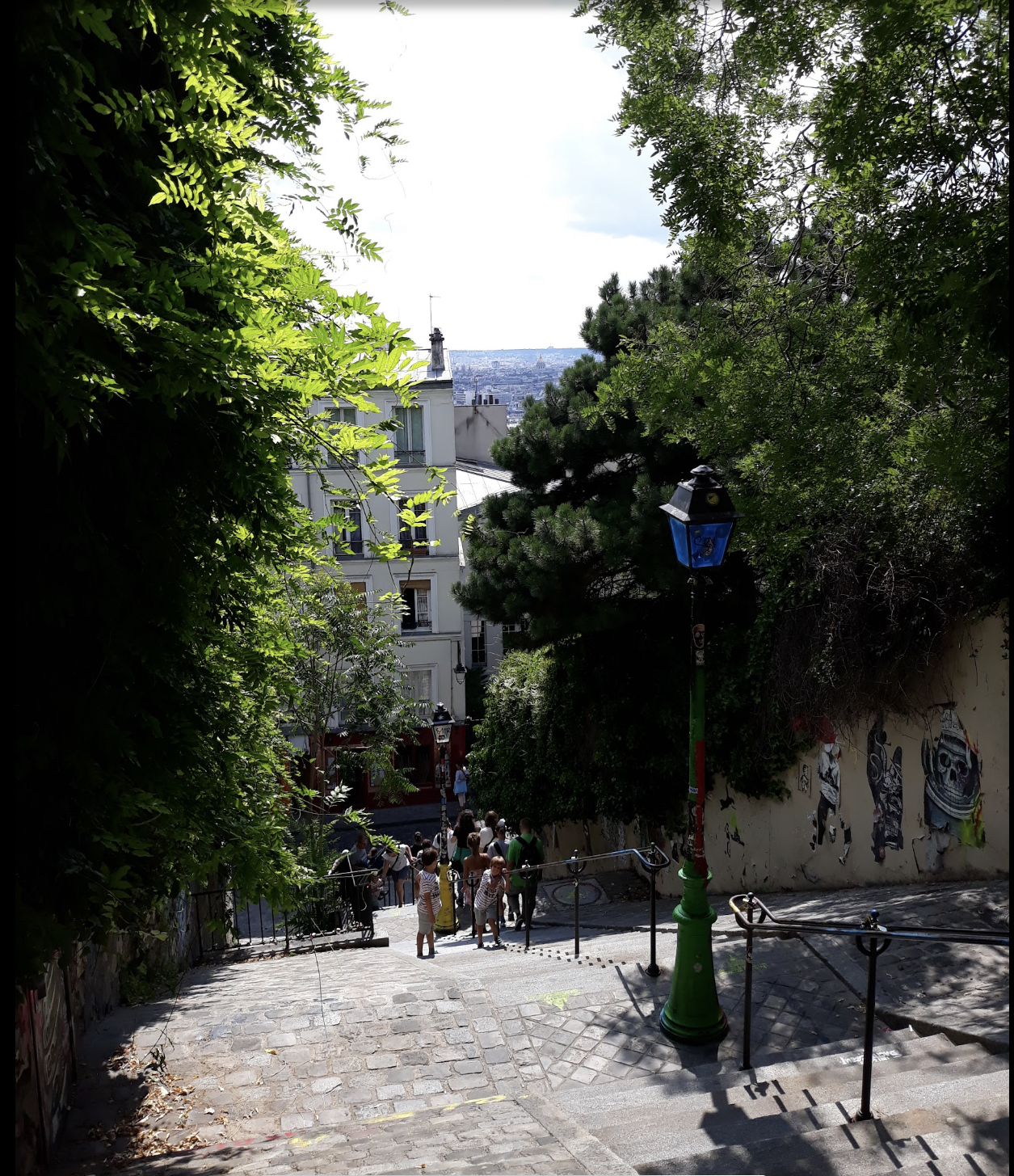Reservations acquired, it was time to address administrative tasks related to international travel.
Passport up to date? Check.
Visa acquired? Not needed for one week in France.
Suitcase in good shape? Check.
Smartphones, camera, iPad all operational? Check.
SIM card acquired for French cell networks? We figured we would get those at the airport.
On to registering with the U.S. State Department’s Smart Traveler Enrollment Program (STEP). This is a free service to United States citizens abroad. They send your travel information to the U.S. Embassy in your destination country. They also send informational emails about safety conditions at your destination, let you know if emergency situations come up, serve as a point of contact for people at home who may be looking for you. Each country is assigned a security level. France’s was “Medium.” I was surprised. Why not “Low?”
A quick search of French newspaper websites turned up the probable reason for France’s “Medium” security level: The “gilets jaunes,” the “yellow vests.” People wearing yellow vests had started demonstrating in the streets the previous autumn. It started as a protest against an increase in gasoline taxes. It morphed into a protest about economic injustices in general. In the first weeks, large numbers of people marched around wearing yellow vests, carrying signs, shouting the kinds of slogans you would expect from people protesting economic injustices. In short order, the demonstrations attracted extremists and troublemakers from both ends of the political spectrum, people who always seem up for a good street fight.
The yellow vests were in the news almost constantly during the fall of 2018. By summer of 2019, there weren’t many stories about these demonstrations outside of the local (French) news. They had settled into a routine. They would come out to do their thing on Saturdays, then go home for the week. Our redeye flights to France were timed to leave the East Coast of the US on Saturday evening and arrive in Paris on Sunday morning. Our return flights left Paris Saturday morning. We’d be avoiding Saturday’s gilets jaunes and whatever security risk they posed.
Besides security information for destinations around the world, STEP posts health alerts. At that time, there was a measles outbreak in France. The State Department recommended getting vaccinated before you go.
Measles, as well as mumps and rubella (“German Measles”) are highly contagious. The medical community therefore assumes that the diseases ran rampant through the population until around 1960, when protective vaccines became available. Those of us who were unvaccinated children earlier than 1960 are assumed to have been exposed and to have gotten the diseases, and were therefore immune. But with an elder immune system that is more susceptible to illness than it once was, I sent an email to my primary care physician to double-check. I explained my travel plans and that State was recommending vaccination. Should I get vaccinated?
I expected a reply telling me there was no need. Born before 1960, I was certainly immune. Her reply was a little more complicated.
There was still the assumption that I had the measles in childhood. But since measles had been virtually eradicated for most of my life, I probably haven’t been re-exposed to it over the years. And apparently, in the normal course of events, periodic re-exposure would have kind of reactivated my antibodies. Like a booster. So she ordered a blood test to check my immunity and to determine whether vaccination would be necessary.
The test showed I’m immune. No vaccination required.
As for Daughter, she had gotten all her childhood vaccinations, including measles. No vaccination required for her either.




